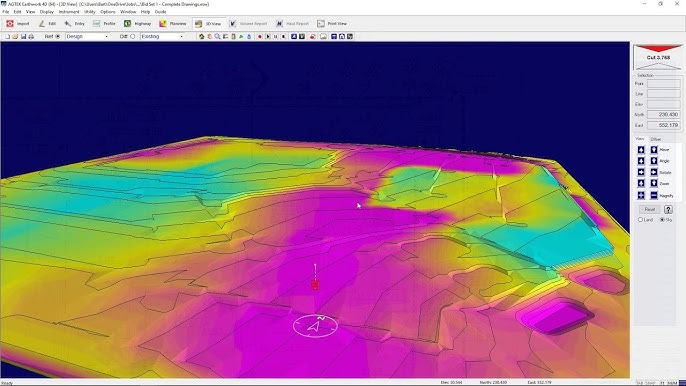How Drug and Alcohol Rehab Centers Help with Dual Diagnosis Treatment
Drug and alcohol rehab centers serve as a lifeline for individuals facing the intertwined challenges of substance use disorders and mental health conditions. Known as dual diagnosis, this combination requires a treatment approach that addresses both issues simultaneously, as each often fuels the other. Without integrated care, individuals may find themselves caught in a cycle of relapse, unable to achieve lasting recovery. Rehab centers provide structured environments, professional care, and supportive therapies designed to manage both mental health symptoms and addiction. This dual focus creates the foundation for long-term healing, stability, and improved quality of life.
Understanding the Complexity of Dual Diagnosis
Dual diagnosis is more complex than addressing addiction or mental illness alone, as the conditions frequently interact in ways that intensify symptoms. For example, someone struggling with depression may turn to alcohol as a coping mechanism, only to find that drinking worsens their depressive state over time. Similarly, anxiety can be magnified by drug use, creating a cycle that is difficult to break without professional intervention. Rehab centers provide a safe environment where both conditions can be identified and treated together. This comprehensive approach acknowledges that lasting recovery requires addressing the root causes of substance use alongside managing mental health conditions. It is this recognition of interconnected challenges that sets dual diagnosis care apart from standard addiction treatment.
Integrated Treatment Approaches
One of the most valuable aspects of dual diagnosis care is the use of integrated treatment methods. Rehab centers employ strategies that combine mental health therapy with addiction recovery practices, ensuring that individuals receive comprehensive support. This often includes a mix of cognitive behavioral therapy, medication management, and group counseling tailored to the unique needs of each person. By aligning therapies, rehab centers create continuity between addressing psychological symptoms and reducing dependency on substances. Families also benefit from this integration, as they gain insight into how both issues affect their loved one’s behavior and progress. Programs that combine these approaches recognize that treating only one side of the condition leaves the other unresolved, risking relapse or worsening symptoms. For many patients, services such as the treatment programs offered by Pacific Ridge provide an example of how integrated care can lead to meaningful, long-term results.
Creating a Supportive Environment
Beyond clinical treatment, rehab centers also focus on providing supportive environments that encourage healing. This includes structured daily routines, access to peer support groups, and opportunities for healthy activities that replace destructive habits. Such environments provide individuals with stability as they navigate the challenging process of recovery, offering a space where they are surrounded by understanding and encouragement. The sense of community developed in rehab centers reduces feelings of isolation, which are common in those facing dual diagnosis. By connecting with others who share similar struggles, individuals build networks of support that continue beyond their time in treatment. These positive surroundings play a critical role in reinforcing the coping skills taught during therapy, making it easier to maintain progress after leaving the program.
Long-Term Recovery and Aftercare
Sustainable recovery from dual diagnosis requires more than initial treatment—it depends on long-term care and aftercare planning. Rehab centers often provide resources that help individuals transition back into daily life while continuing to manage their conditions. This may include outpatient counseling, support groups, or connections to community resources that reinforce progress. Ongoing care helps individuals apply the skills learned during treatment to real-world challenges, reducing the risk of relapse. Rehab centers recognize that recovery is an ongoing journey, and their aftercare programs ensure that individuals remain supported as they navigate work, family, and personal responsibilities. By preparing individuals for the future, rehab centers make it possible for recovery to become a lasting reality rather than a temporary phase.
Drug and alcohol rehab centers play a critical role in supporting individuals with dual diagnosis by addressing both substance use and mental health conditions. Through integrated therapies, structured environments, and long-term planning, these centers offer a comprehensive and sustainable path toward recovery. The combination of professional care, supportive surroundings, and aftercare resources ensures that individuals have the tools they need to build healthier, more stable lives. By treating the interconnected challenges of addiction and mental health simultaneously, rehab centers make it possible for individuals to break free from cycles of relapse and move forward with renewed hope and resilience.






